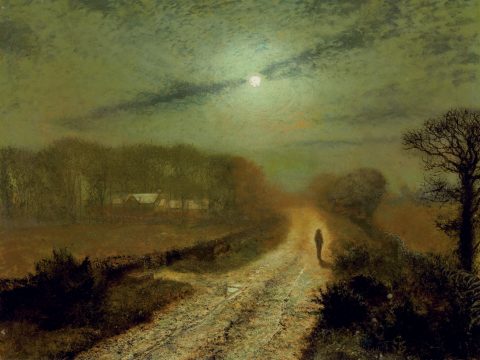
The manner of Christ’s bringing forth judgment to victory is by letting us see a necessity of dependence on him. Hence proceed those spiritual desertions in which he often leaves us to ourselves, in regard to both grace and comfort, that we may know the spring head of these to be outside ourselves. Hence it is that in the mount, that is, in extremities, God is most seen (Gen. 22: 14). Hence it is that we are saved by the grace of faith which carries us out of ourselves to rely upon another; and faith works best alone, when it has least outward support. Hence it is that we often fail in lesser conflicts and stand firm in greater, because in the lesser we rest more in ourselves, in the greater we fly to the rock of our salvation, which is higher than we (Psa. 61: 2). Hence also it is that we are stronger after defeats, because hidden corruption, undiscerned before, is now discovered, and thence we are brought to make use of mercy pardoning and power supporting.
One main reason for this dispensation is that we should know it is Christ that gives both the will and the deed, and that as a voluntary work according to his own good pleasure. And therefore we should work out our salvation in a jealous fear and trembling (Phil. 2: 12), lest by irreverent and presumptuous conduct we give him cause to suspend his gracious influence and leave us to the darkness of our own hearts.
Richard Sibbes. The Bruised Reed.



